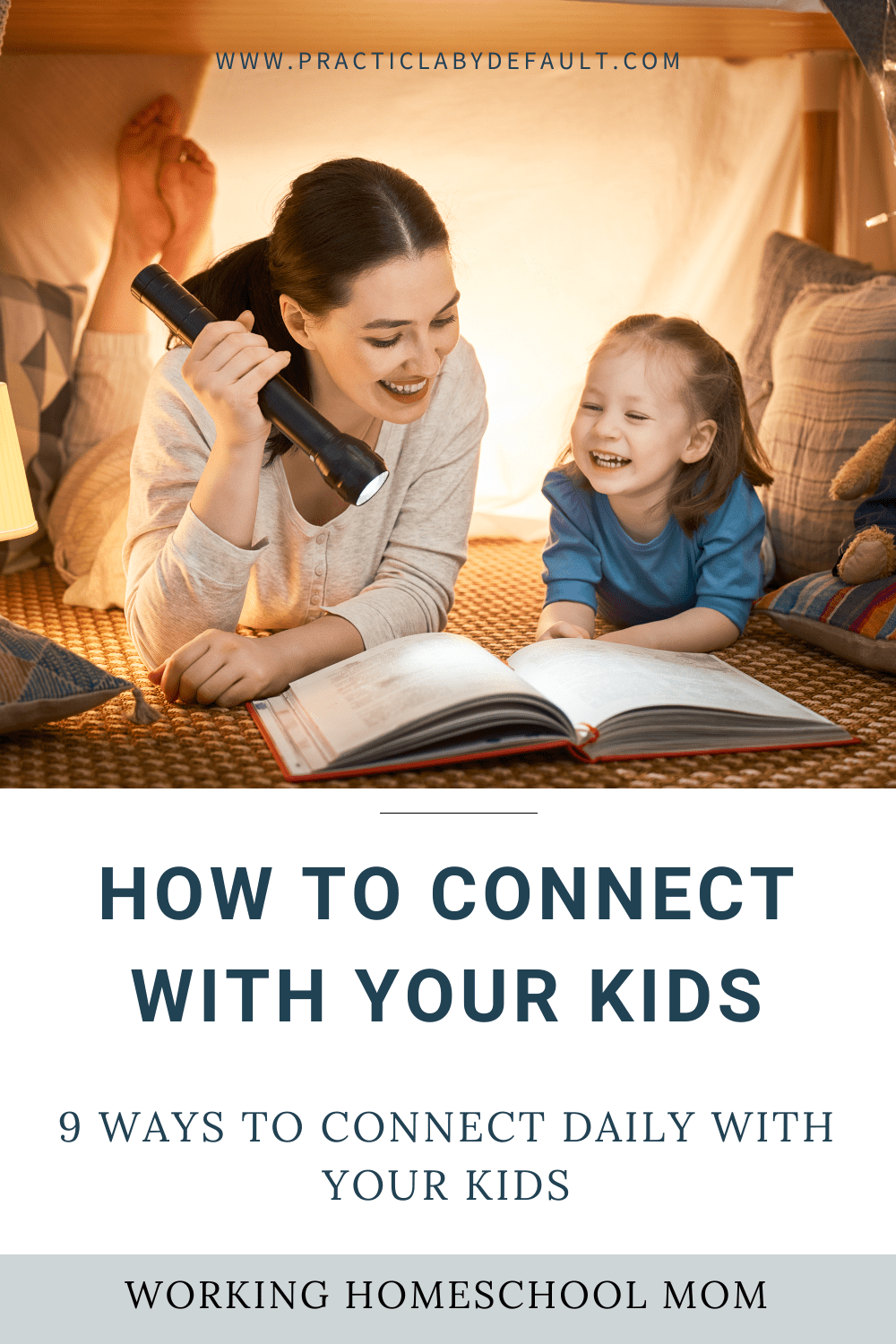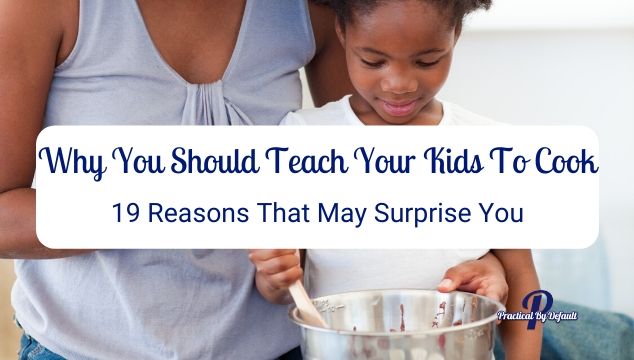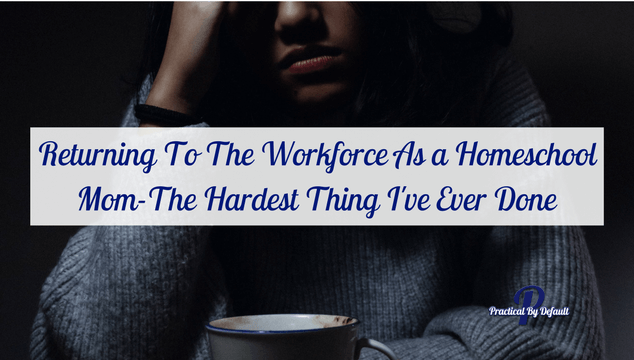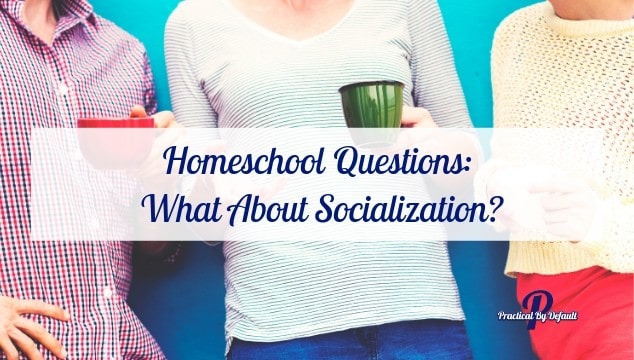How To Help Children Cope With The Grief Of Losing A Loved One In Death
Helping our children cope with the big feelings of losing a loved one in death is hard. Here are 9 ways to help support your children through grief, death, and loss.
The first time I lost someone close to me, it was unexpected. I quickly went through a wide range of emotions and went into shock. But I coped.
Since then, I’ve had a few more chances to learn to cope with the grief of losing a loved one in death.
Helping to support family and friends was tough, but nothing was as hard as telling my kids and then helping navigate all these big, deep, and sometimes confusing feelings and emotions.
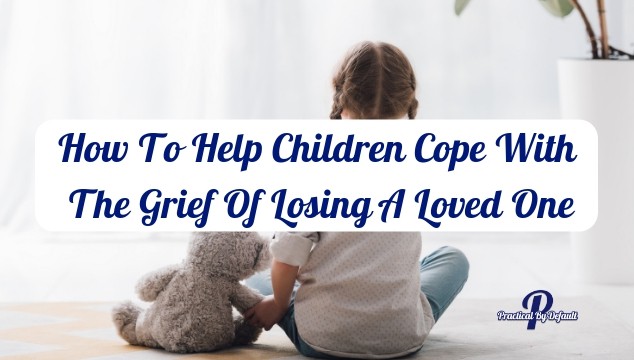
Disclosure: I may receive commissions for purchases made through links in this post.
9 Ways To Help Support Your Children Through Losing A Loved One In Death
Because everyone copes with grief, death, and loss differently, it can be hard to know exactly what to do for your children. What works for one child may not work for the next.
What most children really need is an understanding and caring adult to guide them through the grieving process.
Let’s talk about a few things you can do to help, remember, each child is different, and you know them best.
Be The One To Tell Your Children
If possible, you should be the one to tell your child who died. As hard as this is on you, they trust you.
You can gauge their reactions, answer any questions they may have, and lend a shoulder to cry on.
The language you use is important. Keep it simple, clear, and at the understanding level of their age.
Don’t be surprised if they don’t react right away. They may be in shock, unsure, or processing this information.
When I told my kids their Aunt had unexpectedly passed away, I expected tears as they were very close to her. I got silence.
It took a few hours to sink in that she was gone. Be patient. Be there.
Take Time To Listen To Your Children
When you lose someone in death, it gets very hectic for those involved, from calling friends and family, dealing with the details, planning arrangements, and more.
Unfortunately, while you are coping with all of this and your own grief, your children may feel left out and on their own to cope with losing a loved one in death.
Buy out the time to spend it with your kids. “Buy out” means you literally have to give up something to be there.
I took time in the middle of the day to have a “date” with each of my kids on their own.
I have the printable kit from Big Life Journal called Self Esteem and Confidence. It is filled with tips on how to help build your child’s self-confidence and has printables you can use for all ages.
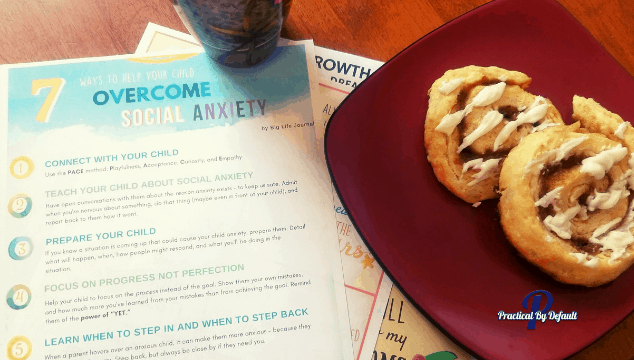
Using these, along with food and drink, gave them the opportunity to talk about how they truly felt and a comfortable setting.
3 Tips To Help You Connect With Your Kids
- Choose a time and place where they are more relaxed such as bedtime, after baths, or snuggled up on the sofa.
- Use coloring pages, printables, games, etc., something they can do with their hands while they talk, so the focus is not on them.
- When they talk, listen. Not only to the words they are saying but focus on their body language.
Provide Reassurance and Comfort
When a child loses a loved one in death, it can cause them to worry about losing other family members or friends.
Reassure your child they are loved and well taken care of.
Try to find little ways you can express love and support for your children such as spending one on one time or leaving little notes of love on their pillow or in a book.
Provide them with a network of support. If possible, have family and friends that your kids can text, write or call.
One family member sent my children flowers in a reusable coffee mug. They were touched, reassured they were loved, and had a great memento to keep. Both of my children continue to use those mugs daily years later.
It’s the little things that really do count!
Respect Their Feelings
I was very close to my grandfather. I have many good memories of him. My children did not have those close feelings like I did.
This means that while they were sad when their great grandfather died, they were not devastated. He was 86, and they knew he was very sick.
That is okay! Everyone is going to have different reactions to death and cope with grief differently.
There are some great books out there that can help you start conversations with your kids about grief, death, and loss.
Express Your Own Grief
This can be a tough one. You want to be strong. Capable. Supermom!
But…your children will follow your example. Without overwhelming your child, share your own grief.
Because expressing your own feelings will encourage your child to express their own.
They need to know it is normal to feel a wide range of feelings and that these feelings can come and go over long periods of time.
Encourage them to ask questions and do your best to answer them. If you don’t have the answers, help them out.
Keep Up With Routines
Routines often provide comfort to children because they are familiar.
You know how your children react to change best.
For us, we worked hard to get back to a normal homeschool routine within a few days.
We took it day by day but the true beauty of homeschooling is its flexibility.
When family tragedy hits, routines can bring a lot of comfort for children.
Share Happy Memories
Talking about your loved one and sharing stories and happy memories is a great way to keep your loved one alive in their memories.
Because my grandfather had been sick, the kids had been up to visit him in the hospital days before he died. The kids talked about how glad they were they had that special time with him.
Of course, you will want to gauge your own kid’s reactions because losing a loved one in death is hard on all of us. Some children will want to hear many stories, have a photo of that loved one, and talk. Others may take time.
Attending The Funeral
I wanted to include a note on attending the funeral. This is your decision as a parent. Some feel children should be there, others do not.
I’ve taken my son when he was too young to understand. Many came up to tell me they loved seeing his smile and it brightened their day.
However, as the mom, I was overly stressed he would cause a ruckus.
When the children got older, we talked about the customs in our area and why we attended the funeral of a loved one. We let them decide what to do.
Being in a crowd when you are grieving, surrounded by emotional family and friends, can be stressful.
If your child has social anxiety but wants to attend the funeral and viewing, I found page 16 of this printable pack helpful.
It talks about 7 ways I could support my kids in this time of need when I couldn’t come up with anything on my own.
Losing A Loved One In Death
In the end, do what is best for YOUR child.
When death hits a family, it’s not easy to cope with your own grief, trying to take care of “all the things”, and then add your children into the mix.
Losing a loved one in death is hard.
It’s so hard to look into your child’s eyes as they handle these big massive feelings.
And it’s hard not to drown in your own feelings of loss.
It’s easy to get overwhelmed and feel useless because you can’t “fix it” like you really want to.
Slow down. Breathe. Be there. Listen when they speak. Grieve with them. And reassure them of your love. Share memories.
Time really does heal, but it doesn’t happen overnight. Give both yourself and your children time to grieve the loss of a loved one, and take it one day at a time.
How do you help your children cope with the grief of losing a loved one in death?
Take care,
Jen
PS. When family tragedy strikes, use these essential systems to keep your work, homeschool, and life running smoothly.
PLEASE PIN ME:
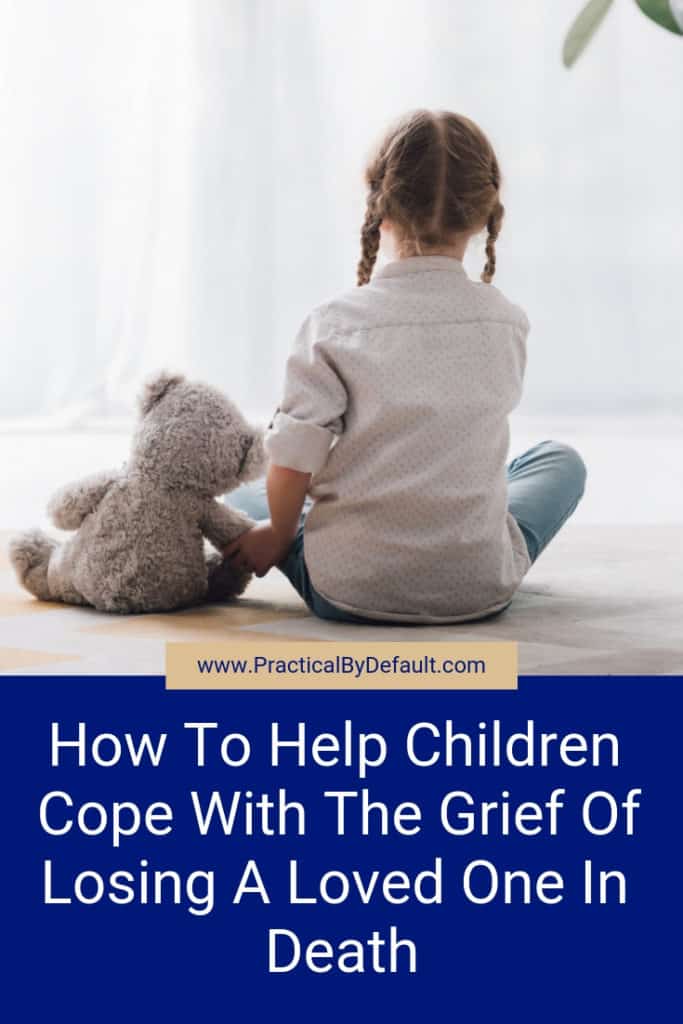

Hi, I’m Jen. I help working moms juggle their career and homeschool their kids by providing support, systems and tools. You are warmly invited to Join the Online Community Here!

